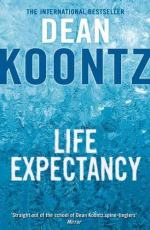|
This section contains 485 words (approx. 2 pages at 300 words per page) |

|
Aging, or senescence, involves irreversible changes in organisms that eventually lead to death. In plants, for instance, the hormone ethylene, causes aging. Aging occurs in leaves when they fall in autumn (leaf abscission). Leaf abscission cuts down on evaporation when the roots cannot take in water from the frozen ground. Short days and cool temperatures trigger the process in which leaves stop producing chlorophyll, thereby making the fall colors visible. First, leaves produce less auxin (growth hormone), and more ethylene. The abscission layer cells (cells that break the leaf away from the stem) then produce enzymes that dissolve the cell walls, and the leaves fall. Molecular biologists isolated a gene that encodes ethylene production in plants, and are using it for genetic engineering.
Not all living things age and die. Bacteria reproduce by cell division and are rejuvenated in the process. Cancer cells continually divide and thus survive...
|
This section contains 485 words (approx. 2 pages at 300 words per page) |

|


